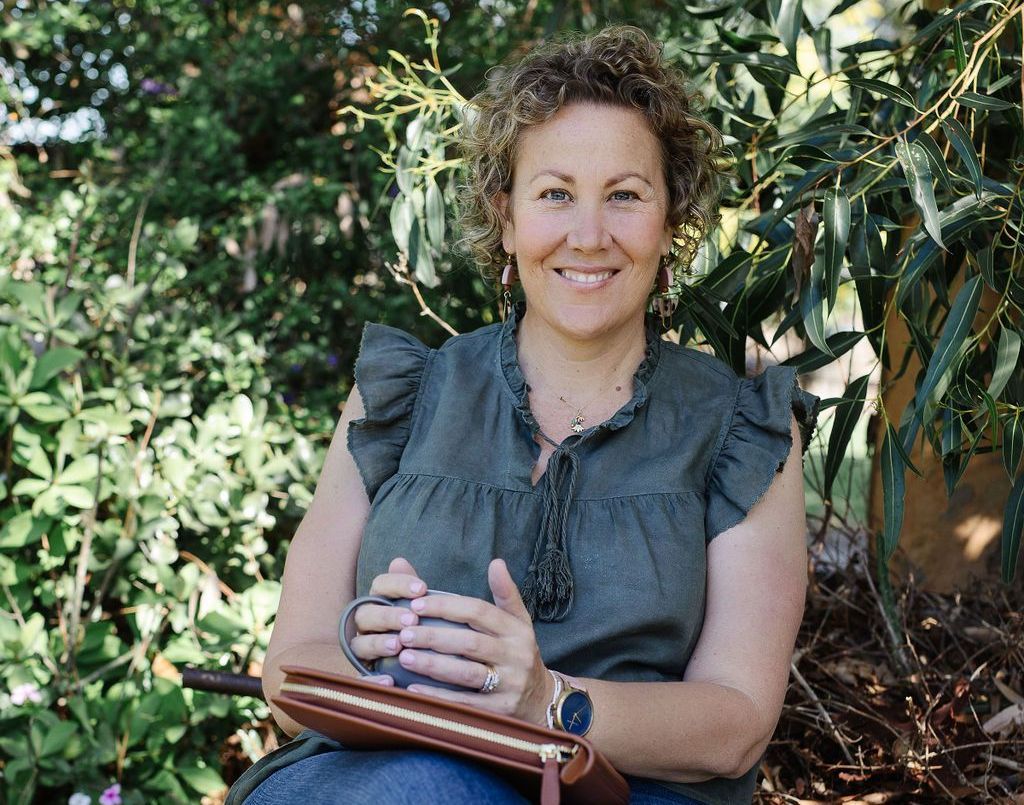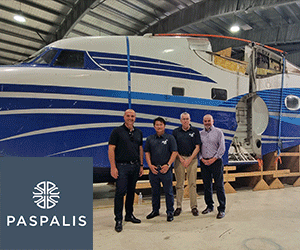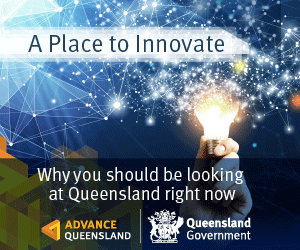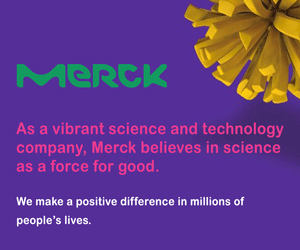1MG FlippingBooks
Regions need support to do the heavy lifting on journey to net zero
By Julia Spicer OAM, Queensland Chief Entrepreneur

Our journey towards net zero emissions and the impact that the decarbonisation of industry will have on regional communities is one of the key innovation challenges facing our nation.
While they may not always describe themselves as innovators, regional Queenslanders are innate problem solvers and they have a lot to contribute as government, industry and business work collectively towards our transition to a low-carbon economy.
We know the heavy lifting needed to get to net zero by 2050 is not going to all happen in downtown Brisbane. Regional communities that are home to our major industries will be more significantly impacted.
It’s therefore critical that regional Queenslanders have a clear and tangible role in shaping the future of their communities and the industries their regions support.
Of course, governments at a local, state and federal level have an important part to play in providing the foundations and guardrails.
I believe government works best when it’s a genuine stakeholder at the table, providing its piece of the solution. However, the community needs to own the solution and drive it into the future.
Getting ahead
One of the keys to empowering regional communities is moving them away from what might be described as a ‘reactive mindset’.
In recent times, some communities have been surprised to look up one day and find the main street filled with orange shirts. People didn’t understand where they fitted into the picture and we haven’t been able to bring them along – which I believe partly explains why regions can sometimes be perceived as reacting negatively to change.
From a State Government perspective, initiatives like the Queensland new industry development strategy lay the platform for working with local communities to take a place-based approach to developing regionally specific infrastructure and land use plans.
However, I firmly believe it’s up to regional communities to proactively take ownership of shaping the future of their local industries, employment opportunities, and lifestyle. Local mayors and MPs are important voices, but they’re not the only leadership voices that need to be heard.
Private sector businesses, NGOs and local entrepreneurs also have a lot to contribute and would be well placed to inject innovative thinking and alternate ways of framing problems and potential solutions.
We need to acknowledge that they have wisdom and experience in solving real-world problems and provide opportunities for them to share their ideas.
This would also help us avoid something we see all too often – innovations that are not actually tied to a problem. I’m not sure we really need another app to get a meal to my door in 20 minutes.
When we look at the really great regional stories, they had a problem, they felt the pain, they needed the solution, and so they went about creating it.
The Greater Whitsunday Alliance (GW3) is an excellent example of an independent regional organisation that is ensuring its local community is ahead of the curve.
They’re the first in Queensland to develop a community-led and community-owned decarbonisation strategy.
Encompassing the Mackay, Isaac, and Whitsunday local government areas – traditionally reliant on mining, agriculture, and tourism – the GW3 works closely with government, the community and the private sector to develop new economic growth opportunities, including in biofutures, aquaculture, aviation, and aerospace.
Most importantly, they’ve done the hard yards, got the basics right, made the connections, and can now focus on the big adaptive challenges facing their region. They are also very clear on educating the community about what the impacts on their regional industries are and what needs to happen to ensure they thrive in the future economy.
What regions need
Despite what some may think, regional Queensland is not a talent wasteland.
There are some exceptionally capable and experienced individuals spread right across the state. Many are under-utilising their skills and could add considerable value to businesses or government agencies who are willing to invest in, and support, regional entrepreneurs and SMEs.
However, they too face more structural hurdles than their metropolitan counterparts.
Dr Chad Renando, whose work involves measuring the impact of innovation investment and entrepreneurs across Australia, has estimated regional start-ups face an additional two years of work and $150,000 of costs compared to those based in capital cities.
This includes costs and lost opportunities related to market access, workforce access, speed to market, service provider capability and diversity, and infrastructure including transport and internet.
How do we unlock the latent potential of regional entrepreneurs and innovators?
Investing in innovation precincts and places is one important way to ensure regional SMEs, start-ups and entrepreneurs can access training, mentoring, networking opportunities, workspaces, specialist equipment, and technical expertise. This helps quickly connect them into industries and networks they might not otherwise have had access to.
Advance Queensland’s A Place to Innovate strategy set out the government’s plan to develop the state’s innovation places, and facilitate more research and business collaboration to enable more partnerships and contracts between corporates, start-ups and SMEs.
We are already seeing the benefits of providing this type of support through Advance Queensland’s investment in the Toowoomba Agtech and Logistics Hub, which is fostering a collaborative ecosystem delivering ag-tech solutions to help producers meet domestic and export demand using less inputs and in a more variable climate.
Local capacity building and innovation hubs are important, but we also need to see more support from corporate Australia to truly unlock the wealth and talent of regional communities.
The talent is here, technology to support remote working is improving rapidly, and regional people are proven to be adept at solving real-world problems.
There is a massive opportunity for us as a nation to put more energy into unearthing our regional movers and shakers, and give them a platform to genuinely engage with our innovation ecosystem.

Julia Spicer OAM, Queensland Chief Entrepreneur










